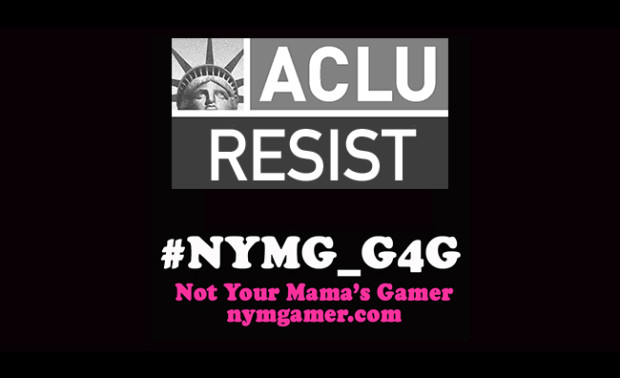“If innate male aggression and dominance are at the root of the female oppression, then the feminist program would logically require either the extermination of the offending sex, or else a eugenics project to modify its character. If sexism is a by-product of capitalism’s relentless appetite for profit, then sexism would wither away in the advent of a successful socialist revolution. If the world historical defeat of women occurred at the hands of an armed patriarchal revolt, then it is time for Amazon guerrillas to start training in the Adirondacks.”
–Gayle Rubin
Historical studies of women, power, and oppression have primarily focused on one dichotomy: the private and public lives of women. Women first started to gain power through religious and other moral institutions that argued for women’s place as the keeper of the home, of the keepers of virtue, as the center of the male world. While not the ideal place to be, it nevertheless was an important step for gaining power. Previous to the idea the women’s virtue made the home strong (also known as the Cult of Domesticity, for you history buffs), women had little agency to exercise any power whatsoever.
Once women gained power within their own households to exercise their will, the step to public space was easy. Oh wait, no it wasn’t. For over a hundred years, the further away from the home women dared to go, the more value they lost. The hard-fought Antebellum value the women had finally procured began to work against them as they sought the right to vote, the right to work, and the right to make decisions about their own bodies. Note here that the fight for equality among women was anything but equal. Women with more money had more freedom. Rather than rallying under the banner of fighting for equal rights for all women, black and Latino women were systematically excluded from the fight of the upper class white women, leaving a legacy that still rings loudly in the halls of contemporary feminism.
Despite this separation, one of the driving forces behind the emergence of women into the public sphere is called “female institution building” by historian and scholar Estelle Freedman. Women, because of their former work establishing their sex as the ruler of the hearth and home, were able to form friendships, networks, and sisterhoods. The ability to cultivate relationships with other women went hand-in-hand with countless things that occurred to break down the barriers of inequality for those women. Part of the legacy of this evolution is that women, particularly feminists, find it difficult to survive in a male-dominated field without female support. However, you often run into issue of clustering, which happens when females are put by default all into one small area to keep them out of the “real” disciplines (see: composition v. philosophy). This system is meant to keep women cannibalizing each others’ work and jobs and keep them away from the “male fields.”
So here we are in cyberspace, attempting to deal with this history of keeping women apart, yet needing to work as one for equality, yet meeting with great opposition as we force our way into male space. Like women in the early 20th century found themselves met with violence, devaluing, hatred, threats and so on not only from men but other women as well, we too find ourselves on that precipice. Women have transgressed into a space men had cultivated as their own. Of course, women have always been a part of the web. Women were literally called computers in the 1950s, and they were some of the first programmers, developers, and game makers in America. Despite that, they were slowly but systematically excluded from the histories. Bylines were erased, contributions forgotten, and stories altered. The sexual division of labor that happened in the industrial revolution continued into the information age. It is perhaps as distinct online as it ever has been.
Why am I telling this story? Well, if historians are right, then as we continue to push into this world of the digital, fighting for equal rights, fighting for a voice, then we can look to past to help find a roadmap. Women fighting for domestic rights were smart: they found a way that men could not deny that they had value. They took advantage of what we would call sexist ideals to gain their power. Yes they were the ones who cooked dinner, birthed babies, worship god, and the men better not forget it. When women fought for the right to vote, they did it through loud demonstrations, unity, and rhetoric. We now are fighting for our space online. We, like many women before us who fought the patriarchy for equality, face threats, violence, and expulsion from society. But we fight on. Let us look to our sisters and do it better. Take it one step further. Push a little harder. That’s the legacy those brave women left for us. Let’s not squander our chance to make it into the history books. What will they say about us?



